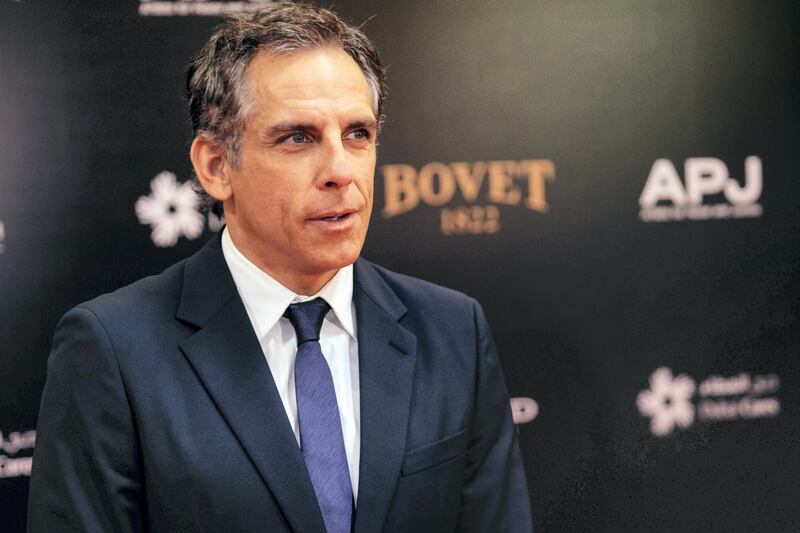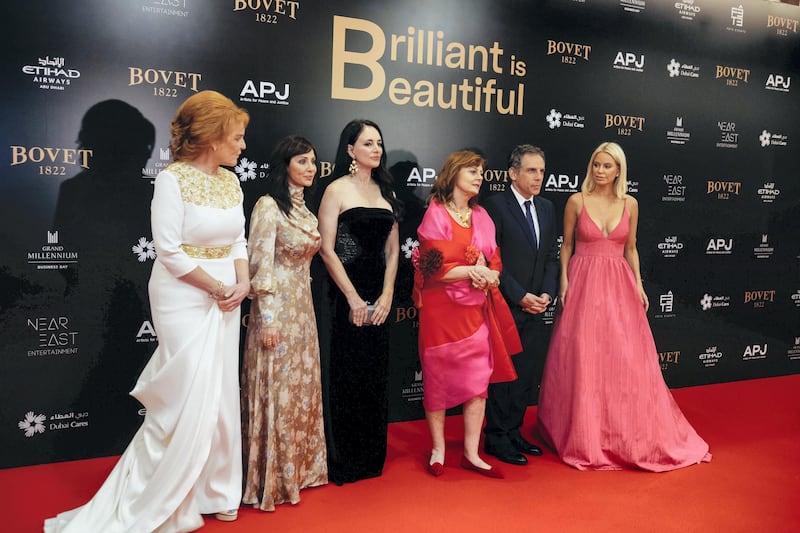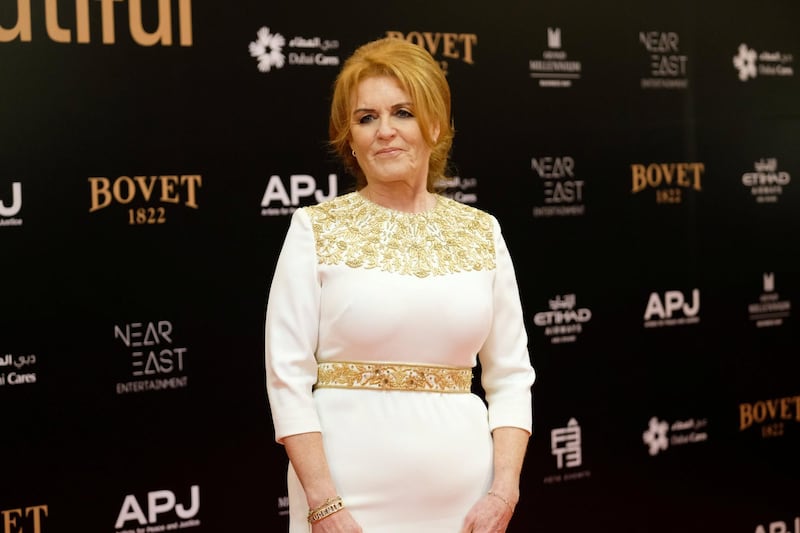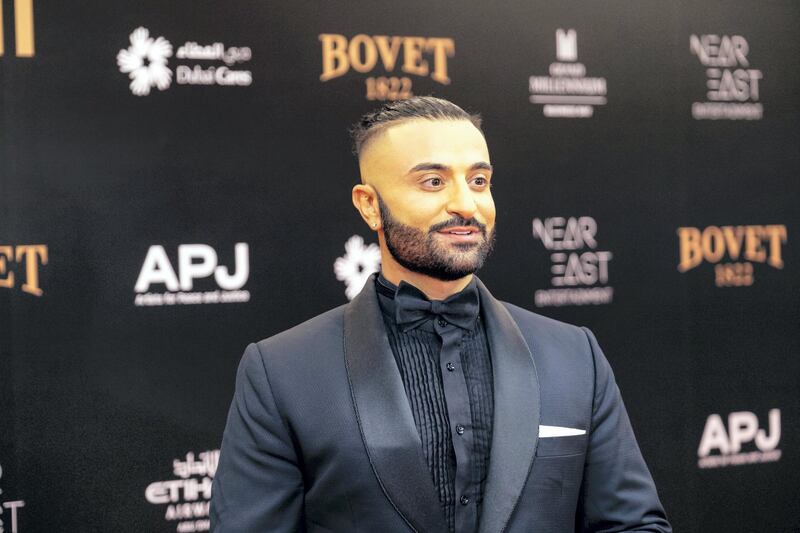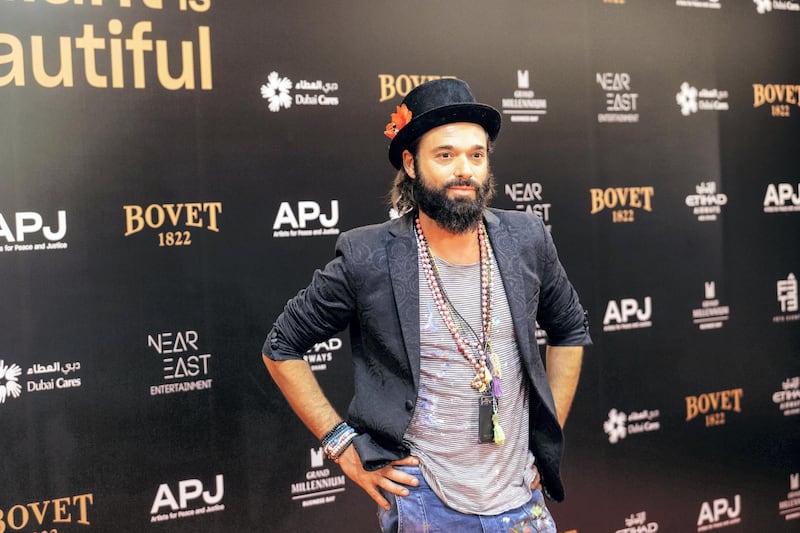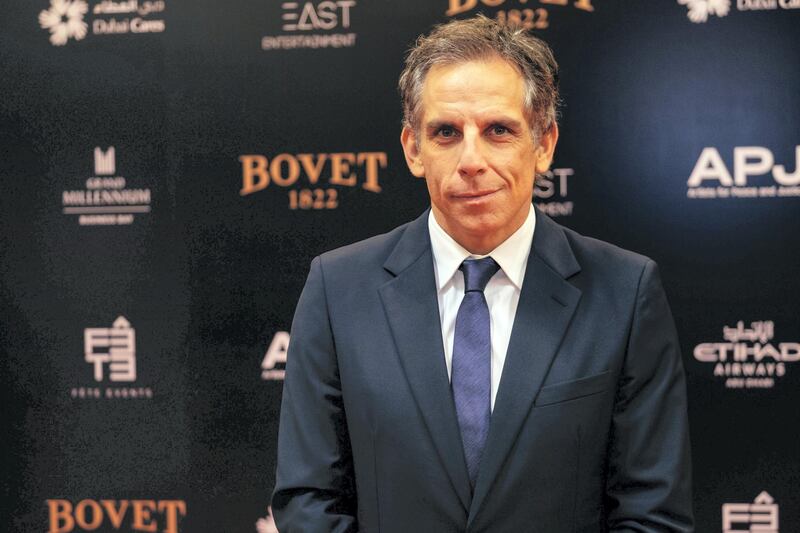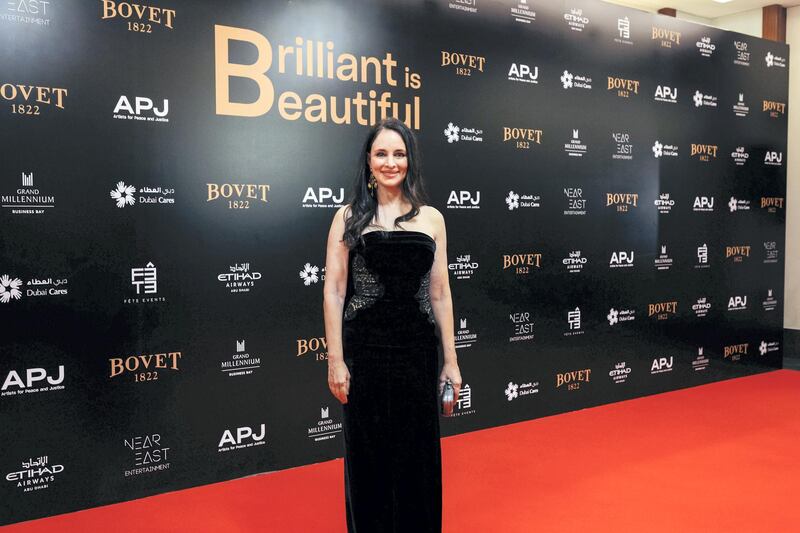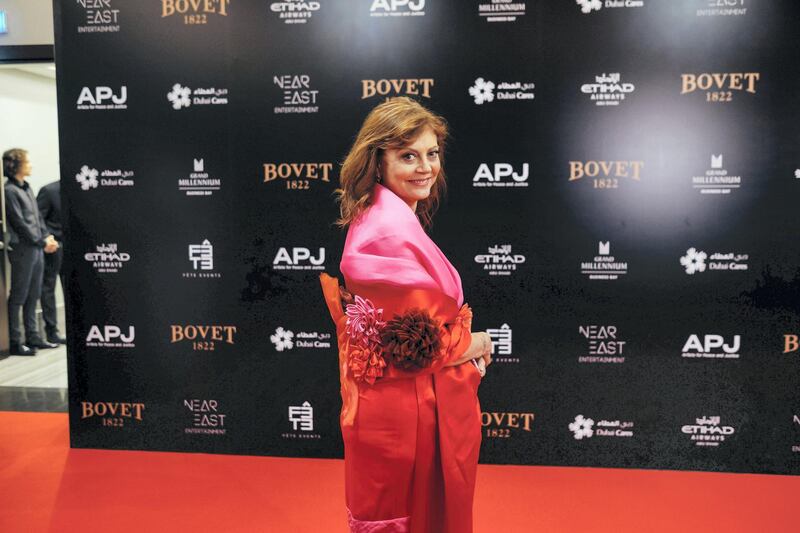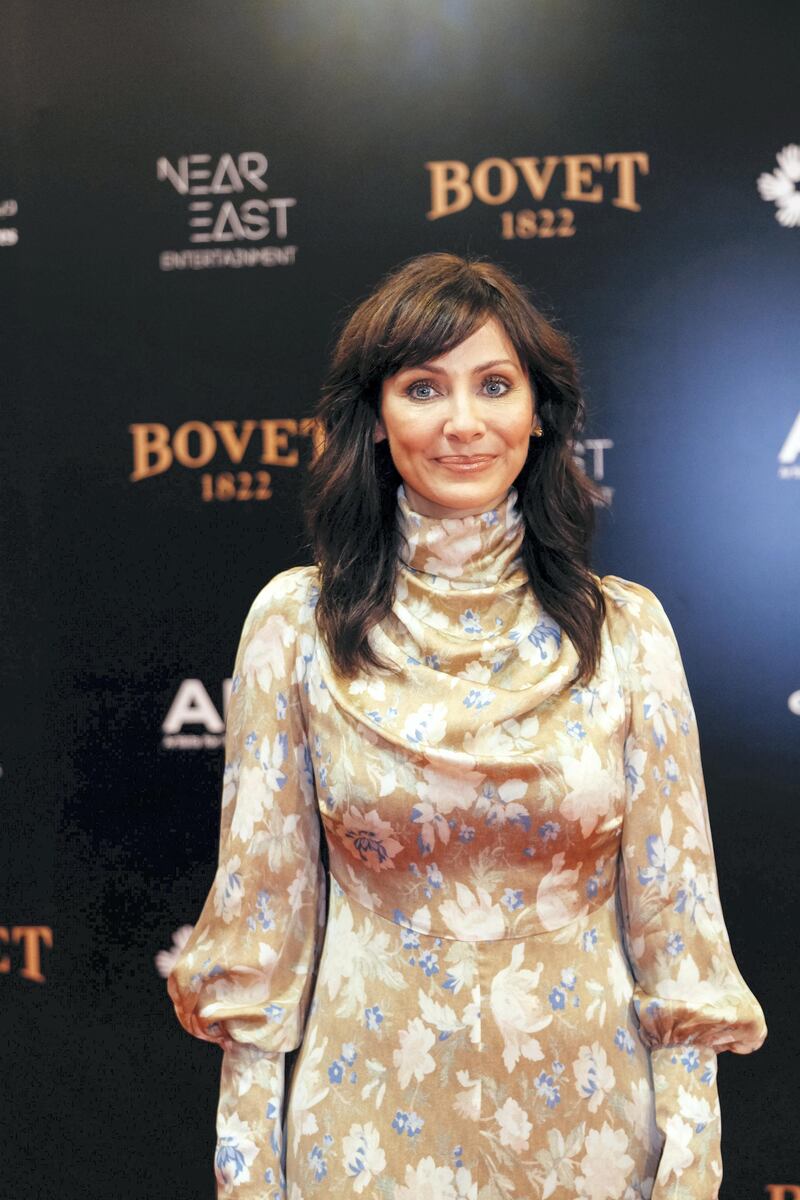Ben Stiller is probably best known for his role as clueless fashion model Derek Zoolander in 2001 comedy hit Zoolander. You may also remember him from 1998 comedy smash There's Something About Mary, or his roles in comedies such as Tenacious D in The Pick of Destiny or Night at the Museum.
What you may have overlooked is that in the course of his three-decade career, Stiller has also produced almost 50 films and TV shows, and directed close to 20. That directorial haul includes both Zoolander and its 2016 sequel, plus the recently Golden Globe-nominated Escape at Dannemora and 1994 cult indie classic Reality Bites. There's clearly more to Stiller than the goofball comedies he's known for, so when he passed through Dubai to attend the Artists for Peace and Justice Gala Dinner charity event this weekend, we took the time to ask him about how he made the switch from cult indie director to comedy megastar.
"People just like to pigeonhole you and see you in one light," he says. "There's Something About Mary was probably my turning point because so many people saw that and it was a very successful comedy. I kept doing that, and I enjoyed doing that, and when you have a certain amount of success in a certain area that's how people tend to perceive you. It's not something I worry about. I just try to do the work that's interesting to me."
Right now, it seems that directing is of more interest to him than acting. His roles in the past few years have largely been as a supporting cast member in movies or as the lead in TV shorts. So is directing where we can expect to see Stiller in future?
"Well, it takes time to direct an eight-hour show. I was about two years on Escape at Dannemora. I love directing, but I love acting, too. I just want to do whatever's interesting and challenging and gets me excited," he says. "Right now, I don't even know what I'm going to do next. I'll probably take some time and chill out with my family and relax for a bit, but then I'm open to anything, just as long as it's interesting and challenging. I'm just happy that I'm at that place in my life where I can say I want to do something I'm passionate about. That's my criteria right now." Stiller admits that his Golden Globe nomination as a director is something of a career highlight. It's noteworthy that it comes for a television show, at a point that TV seems to be entering something of a golden era, as cinema becomes increasingly reliant on regurgitating flagpole releases.
So where does Stiller see the industry heading? “Well, I wouldn’t claim to have the ability to see into the future, but it seems to me that the whole movie industry has become about huge franchises and sequels and taking big bets on huge movies that turn over $1 billion [Dh3.6bn] for them,” he says. “There’s just not room for these interesting dramas that used to be mainstream movies in the 1970s and 1980s and 1990s, because they can’t turn the profit. To make a $60 million drama just doesn’t make any sense any more to the big studios, because they don’t see their brand being elevated by that.”
Fortunately, TV and its hybrid baby, the streaming service, have stepped up to fill the gap, says the star: "Netflix, Showtime, HBO, people like that are doing that now. And creative people will always go to where they can do what they want to do. Right now that's in TV. We're very fortunate that outlet exists. I wish the movies would go back to where they were, and honestly I think they will. I don't think anything is permanent. It's cyclical. It's like people said film, as a physical medium, was going to go away, and when the Golden Globes nominations were announced, Kodak did a tweet about all the ones that were shot on film, and it was a ridiculous number. I don't think there will ever be a lack of an audience that wants to see films shot on film on a big screen, but right now we're in a cycle where the economics don't work."
__________________
Read more:
[ Famous faces spotted at the Brilliant is Beautiful charity event in Dubai - in pictures ]
[ 7 takeaways from the new 'Avengers: Endgame' trailer ]
[ Comic book creator Lee gave us hope in the face of darkness ]
__________________
Stiller's opinion leads us to the debate about whether the likes of Netflix and HBO should be classed as "cinema". Gaumont Film Company's chief Nicolas Seydoux ruffled feathers at the Cairo Film Festival earlier this month when he stated that Netflix's films were not "real" films because they were not made to be screened in cinemas. Stiller has a sensible take on the debate. "Look, [Netflix content chief] Ted Sarandos and people like that who are doing these shows are willing to put the money up to do these sorts of films and shows, but unfortunately, their business model doesn't allow them to put it on big screens right now," he says.
"But we're already seeing a change. I was in [Netflix movie] Meyerowitz Stories a couple of years ago, and that was at Cannes competing. Then, the next year they were: 'No, no, no more Netflix movies.' Now you've got Alfonso Cuaron's new movie [Roma], and it's the one everyone wants to see, and when you're a director of that stature you can say: 'You know what? I'll do your movie, but I want it to be on screens.' And I think that's going to push it in the direction we want to go. I know for a fact that a number of filmmakers are pushing Netflix for cinema releases."
Stiller returns to his cyclical theory and assures us that everything will work out in the end: “It’s a challenge, I know, because there’s so much more content now. There’s videogames, Instagram – it’s just so much harder to get people’s attention. The world has really changed. But cinema’s not going to die, just like Kodak film hasn’t died. We’re all going to be fine.”
